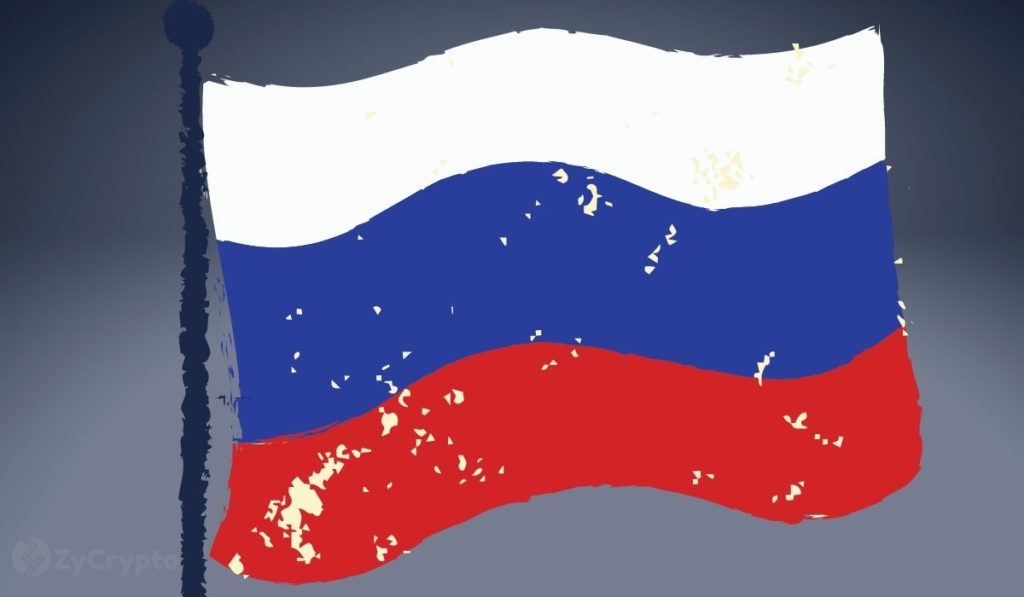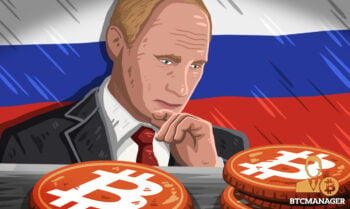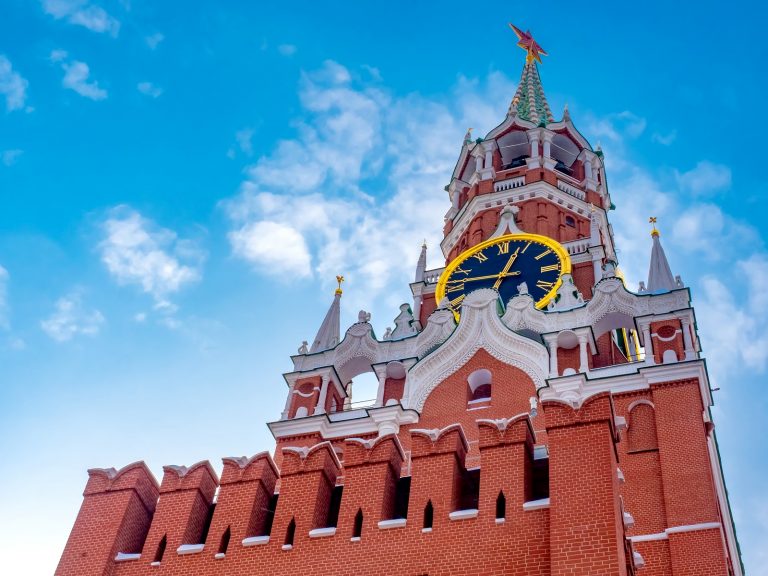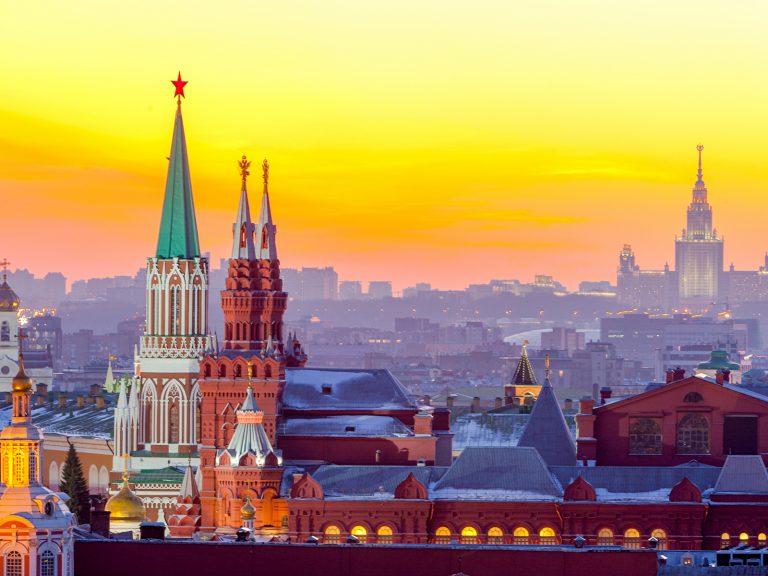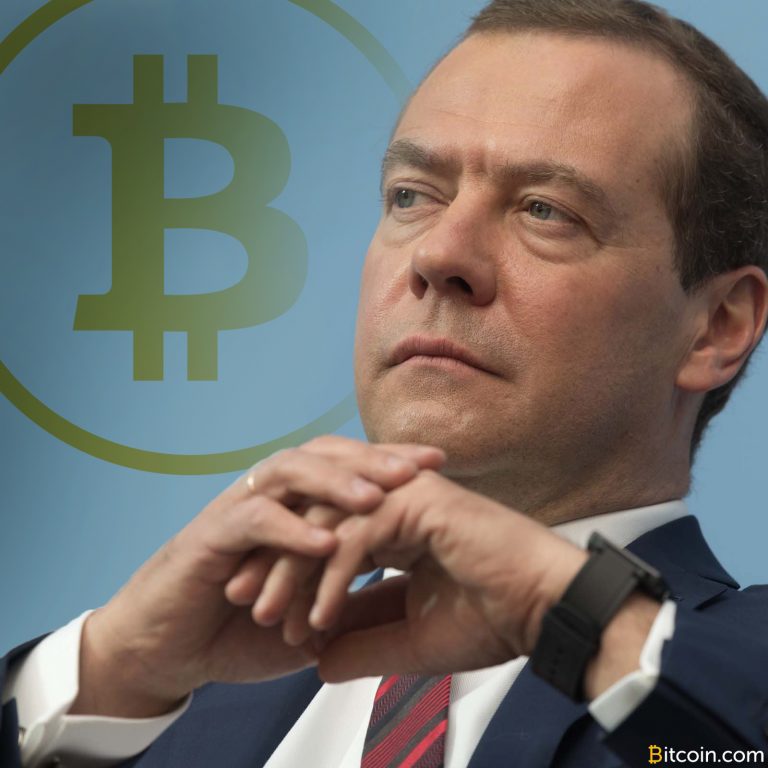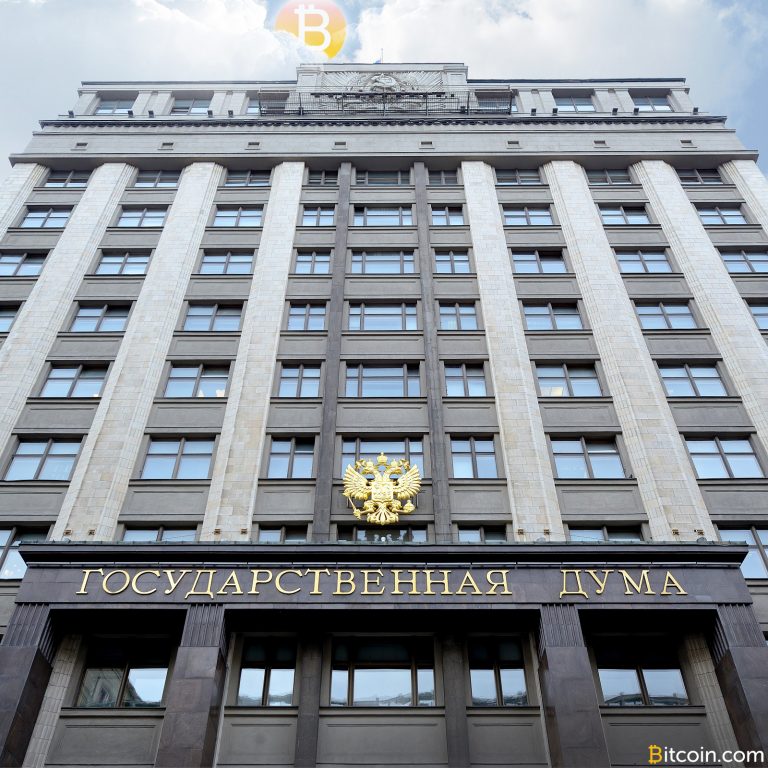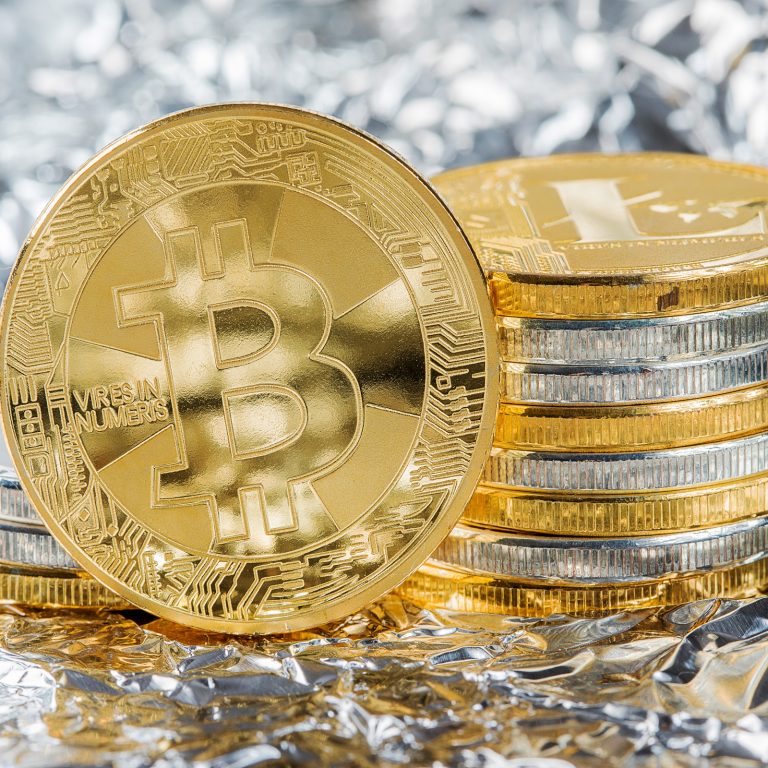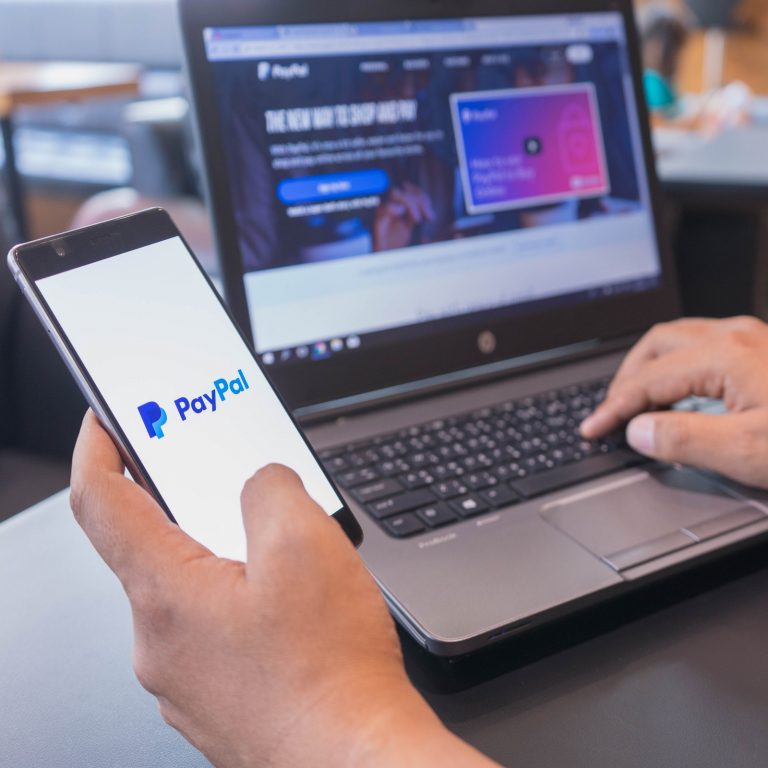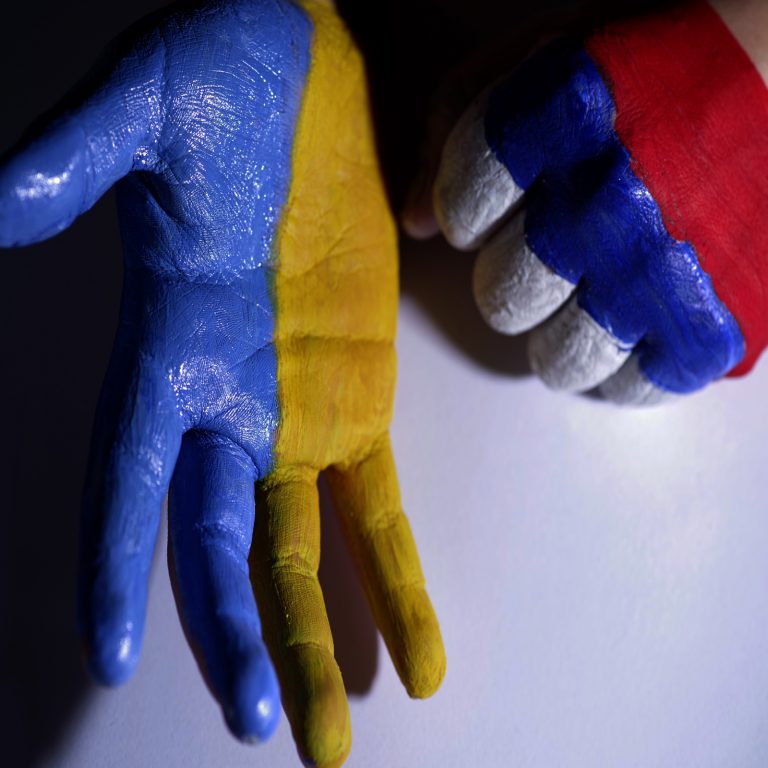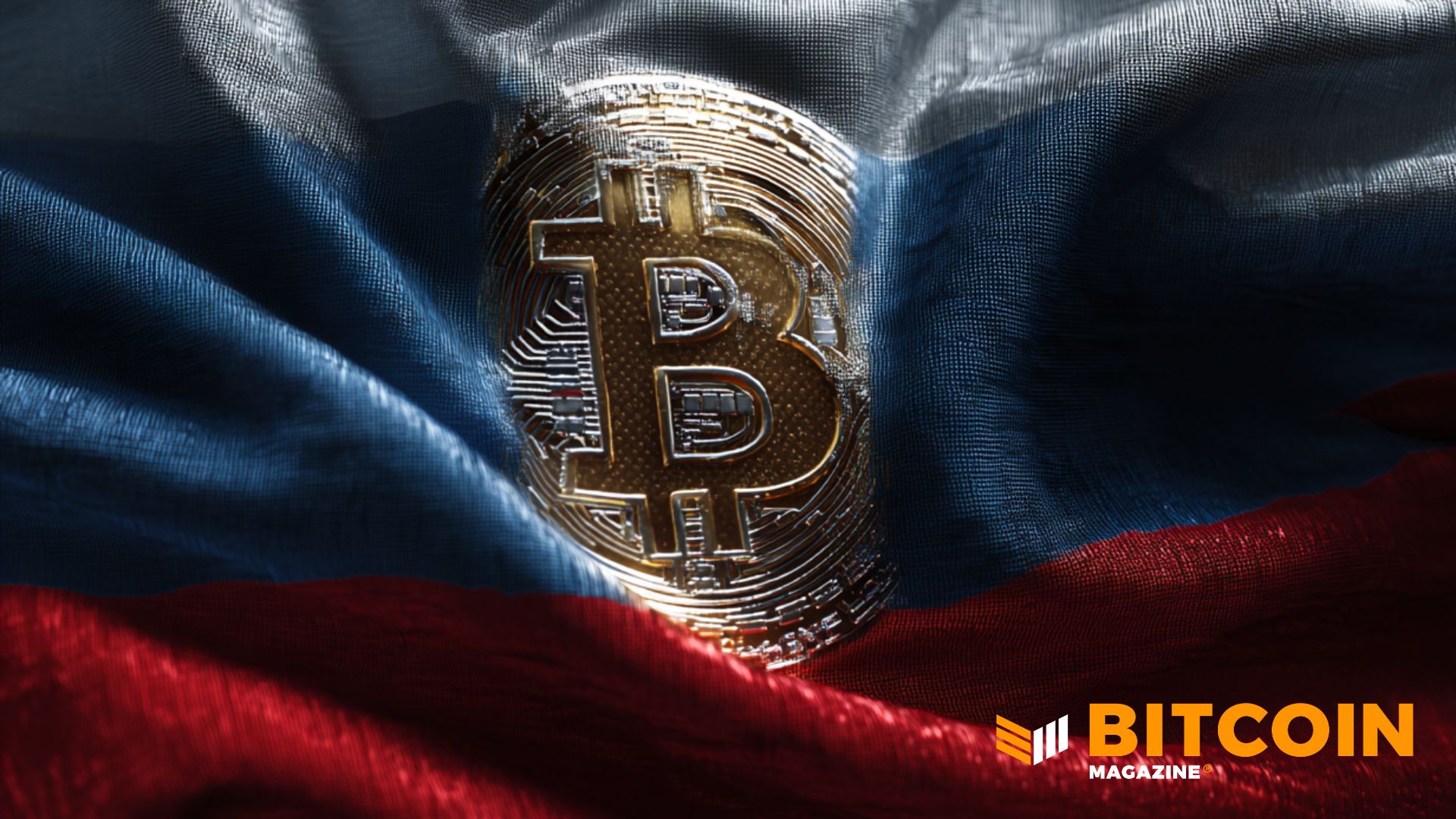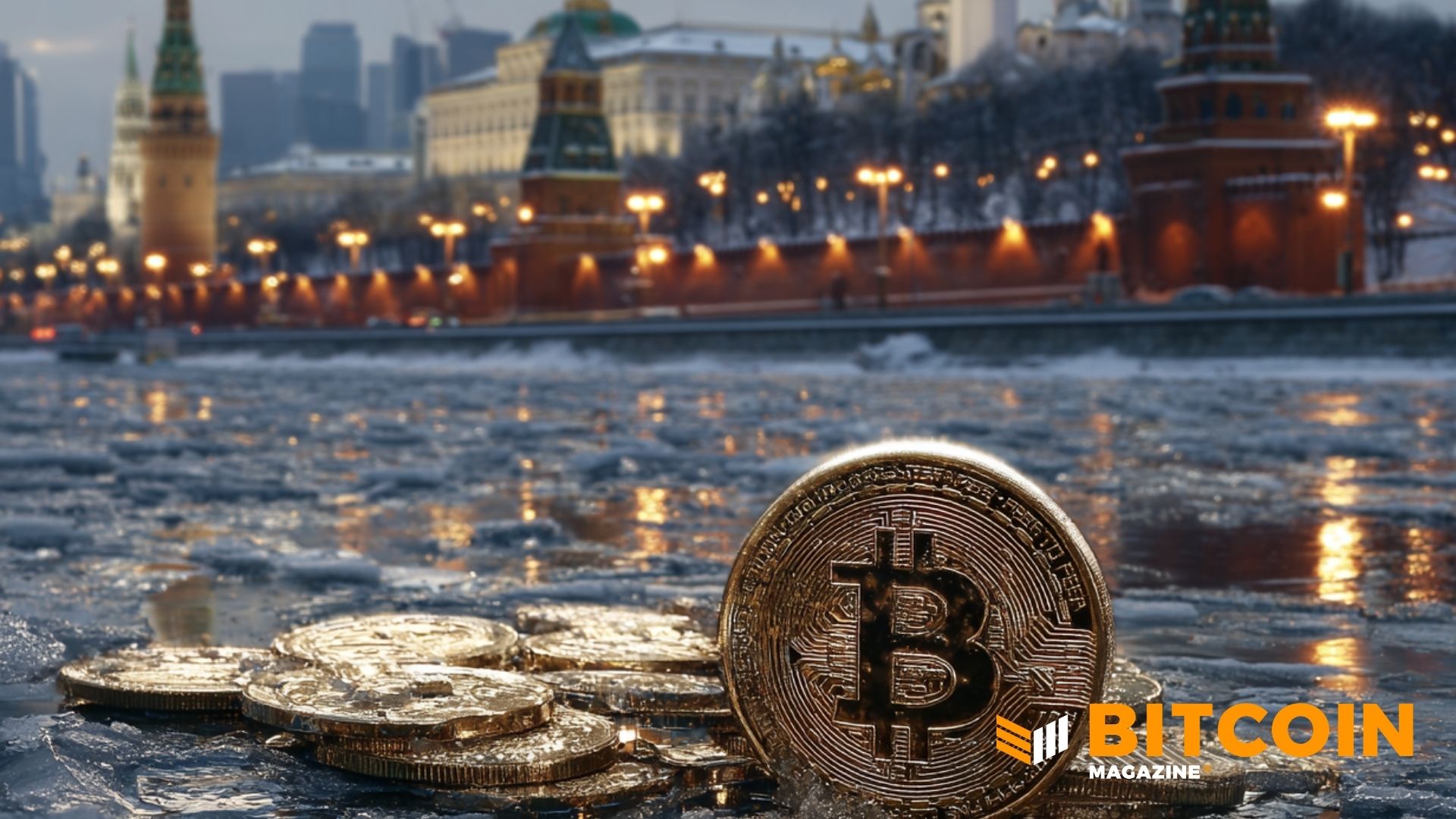2023-7-19 13:30 |
As the international economic landscape continues to change, Russia finds itself at a critical crossroads. The country is moving forward with plans to introduce a digital ruble, aligning itself with an increasing number of nations exploring digital currency. However, this digital development comes as the country grapples with international isolation due to the ongoing conflict in Ukraine.
In the shadow of this geopolitical strife, the imminent digital ruble’s conception offers a peek into a potential financial future. This week, the Russian Federation Council, the upper house of parliament, is set to consider legislation approving the national digital currency.
Should the law pass and receive President Vladimir Putin’s signature, the Bank of Russia could initiate the digital ruble’s testing as early as next month.
Pushing The Digital FrontierThe Bank of Russia’s plans include piloting a project with 15 domestic lenders. This move will enable individuals and businesses to create a digital wallet on the central bank’s platform, accessible via any Russian bank. While transactions with the digital ruble will be cost-free for individuals, companies will incur a nominal 0.3% fee, according to the bank’s guidelines.
Related Reading: Russia Postpones Launch Of Digital Ruble
The central bank’s initiative follows in the wake of extensive sanctions by the US and its allies in response to Russia’s February 2022 invasion of Ukraine. These sanctions have severed Russian banks from the global financial system, leading to increasingly restrictive policies on payments from foreign banks.
Meanwhile, in a countermove against the sanctions, Russia has been strategically focusing on enhancing its trade relationships with nations like China and India, which have maintained a more neutral stance on the conflict. This is an attempt to dilute the effects of the imposed sanctions by pivoting towards trading in national currencies.
Circumventing Sanctions And Bolstering TradeThe digital ruble presents itself as a potential solution to Russia’s ongoing financial dilemmas. For instance, it could ease cross-border payments, especially amid the current restrictions. Nikolay Zhuravlev, deputy chairman of the Federation Council, emphasized the importance of having independent financial tools during a debate on the digital ruble.
However, according to Alexandra Prokopenko, an ex-advisor to the Russian central bank, now a non-resident scholar at Berlin’s Carnegie Russia Eurasia Center, these expectations might be a bit ahead of their time. For international transactions, the digital ruble would need to be integrated with other nations’ currency platforms – a development yet to be seen.
Prokopenko further expressed skepticism about the currency’s immediate potential for international dealings.
He stated:
So far, the digital ruble resembles a points system in the loyalty program of the ‘Fortress Russia corporation. It also possibly will make transactions more transparent in the territories annexed from Ukraine as now everything is done through cash.
Furthermore, as the country marches toward a digital currency era, it continues to grapple with significant economic pressures. The ruble has declined 18% against the dollar this year, the third-worst performance among emerging market currencies, according to Bloomberg.
Nonetheless, the pursuit of a digital ruble illustrates the country’s determination to stay ahead in the financial landscape, despite the mounting geopolitical and economic challenges.
Featured image from Unsplash, Chart from TradingView
origin »Bitcoin price in Telegram @btc_price_every_hour
Digital Rupees (DRS) на Currencies.ru
|
|
